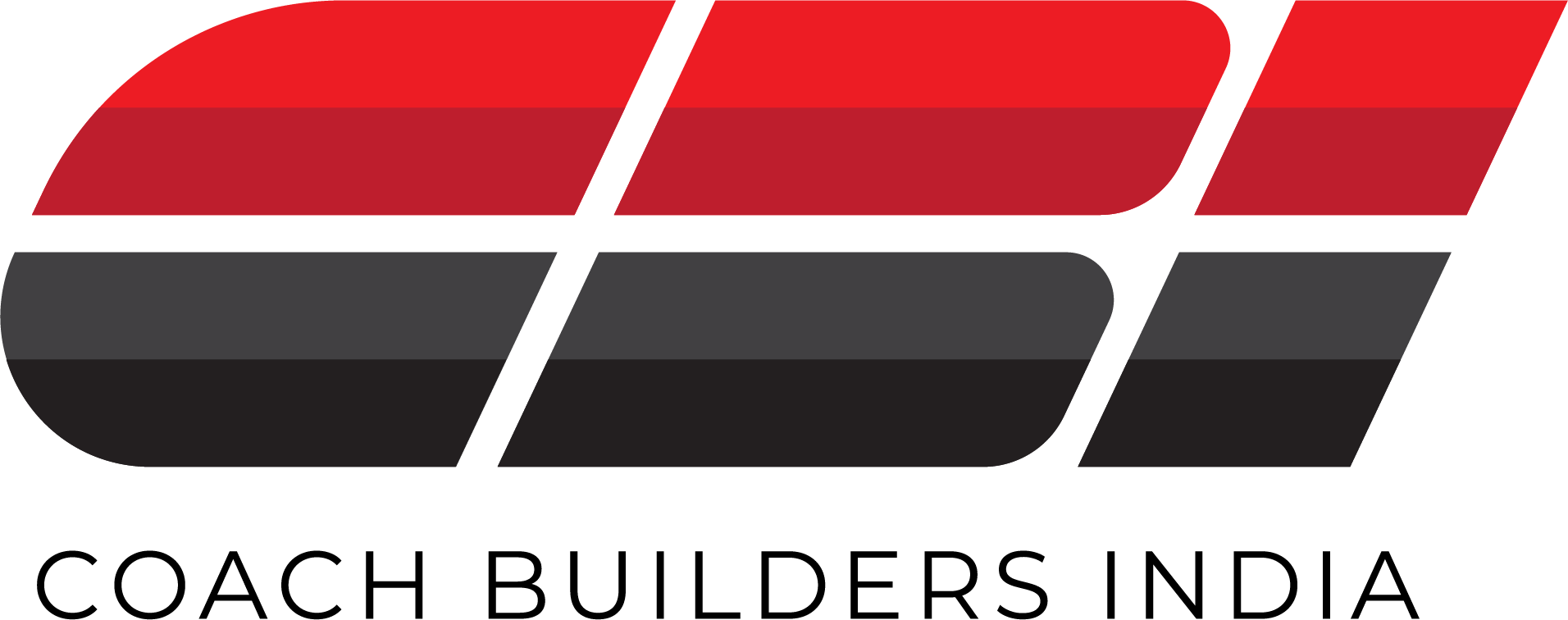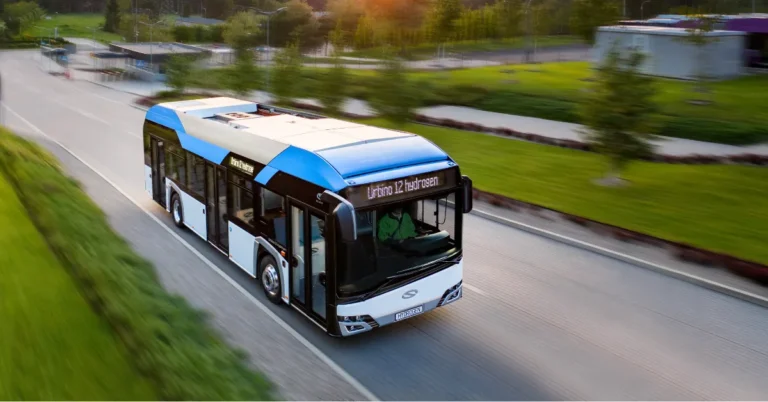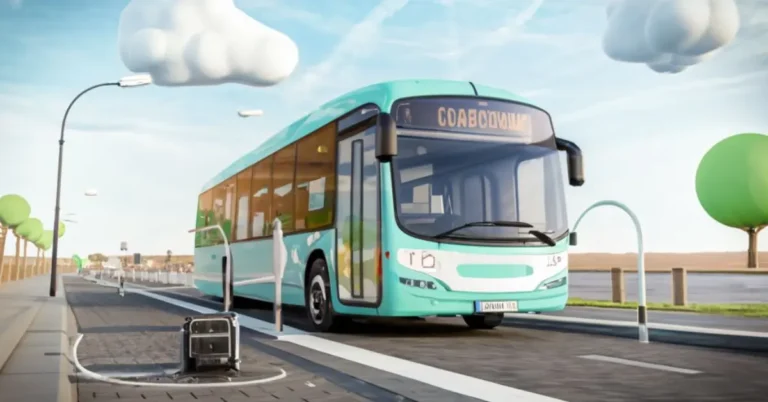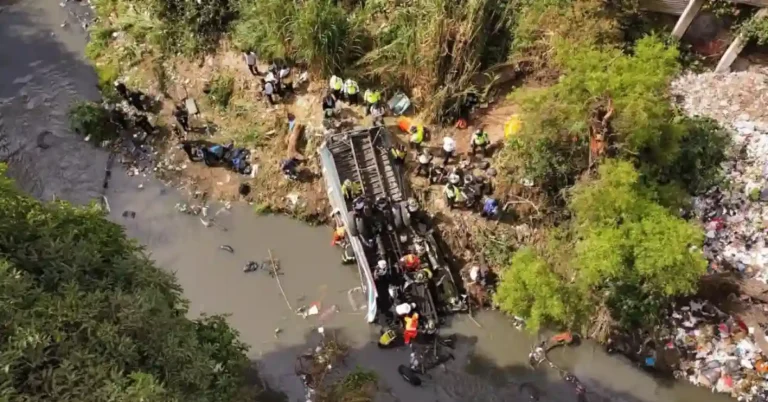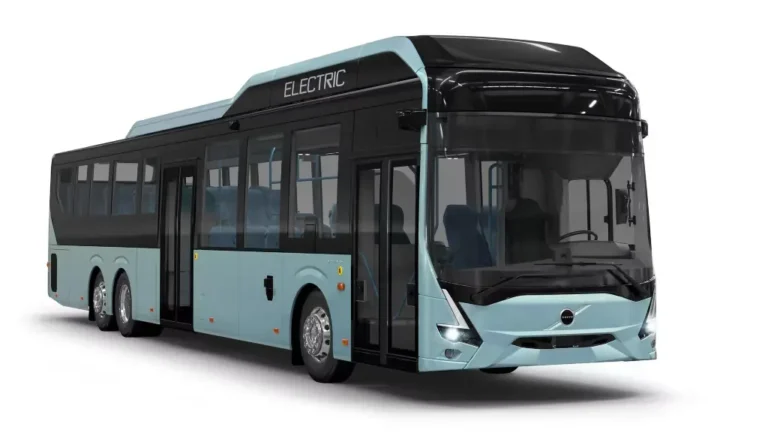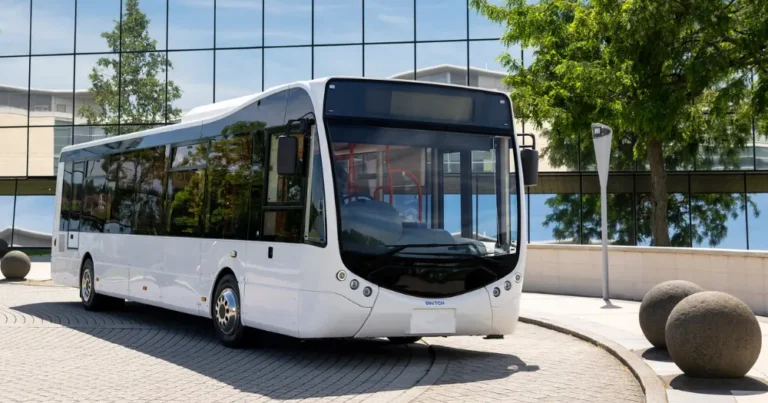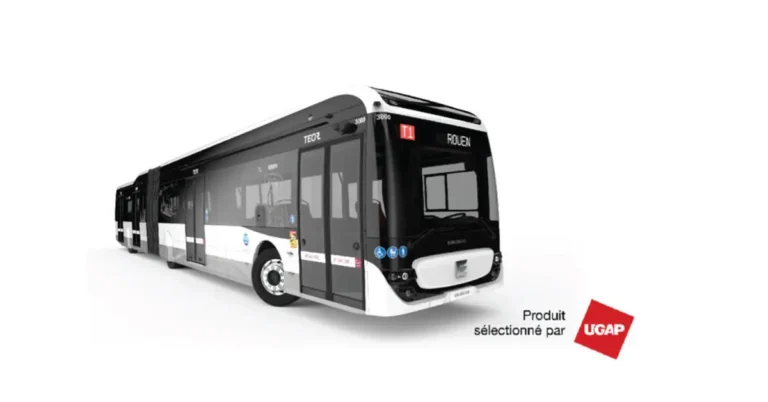IVECO BUS Factory in Annonay Turns 100: A Century of Innovation in French Bus Manufacturing
The IVECO BUS factory in Annonay turns 100, celebrating a century of innovation in bus manufacturing and its evolution into a leader in sustainable, zero-emission public transport solutions.

(1947), Iliade RTX (1999). (Photo credit: Nicolas Tellier).
The IVECO BUS factory in Annonay turns 100 this year, marking a century of excellence in bus manufacturing, innovation, and sustainability.
Established in 1925 by Joseph Besset, a visionary coachbuilder from Ardèche, the Annonay plant has grown into one of Europe’s most respected production sites for passenger transport vehicles.
From wooden-bodied buses to cutting-edge electric and hydrogen-powered vehicles, the historic Annonay factory has adapted through the decades, keeping pace with technology and environmental demands. Today, it stands as a symbol of both tradition and future-forward thinking in the global bus industry.
AI in the Bus Industry: Transforming Public Transportation for a Safer, Smarter Future
The Legacy of Joseph Besset: Pioneer of French Coaches
The story began in 1925 when Joseph Besset founded his coachbuilding company on the outskirts of Annonay. In 1938, he introduced the Isobloc, the first European coach with a self-supporting body and a rear engine—an innovation that transformed bus design across the continent.
Through decades of transformation, Besset’s spirit of innovation has remained central to the Annonay plant, which now forms a vital part of IVECO BUS, the passenger transport division of the IVECO Group.

From Local Craftsmanship to Global Excellence
Over the years, the factory has changed hands—from SACA to Saviem, Renault Véhicules Industriels, IRISBUS, and eventually Iveco. Despite these changes, its commitment to quality, safety, and innovation has never wavered.
Today, the IVECO BUS factory in Annonay employs over 1,200 people and continues to be a major industrial force in the Ardèche region of France. It is also a key player in France’s transition to clean, sustainable transportation.
Driving Sustainability: Leader in Low and Zero-Emission Buses
In recent years, the Annonay site has positioned itself as a pioneer in electric and hydrogen bus production. It now manufactures a full range of low- and zero-emission buses, including battery electric models like the E-WAY and hydrogen fuel cell buses like the E-WAY H2.
With the growing demand for eco-friendly public transport, the Annonay plant plays a crucial role in delivering vehicles that meet Europe’s climate goals. The site also includes a battery assembly line, making it a full-cycle production center for next-gen mobility.
1907: The First Electric Bus in the World was launched in London
Key Innovations Over the Decades
- 1934: Steel replaces wood in bus construction, boosting safety and durability.
- 1938: Launch of the Isobloc, Europe’s first coach with a self-supporting body and rear engine.
- 1983: First factory in the world to use cataphoresis dip coating to prevent corrosion.
- 1997: Start of CNG (compressed natural gas) bus production for cities like Lille.
- 2005: Introduction of the Bus Rapid Transit (BRT) concept with the Crealis line.
- 2025: Production of the E-WAY H2 hydrogen bus begins, leading the charge toward fully decarbonized public transport.

A Global Impact: Exporting Expertise Worldwide
While deeply rooted in French industrial history, the IVECO BUS factory in Annonay has a global footprint. From supplying 200 buses to Buenos Aires in 1949 to delivering hundreds of clean buses to Saudi Arabia, Kazakhstan, and Côte d’Ivoire, Annonay-built vehicles are part of city transit systems worldwide.
Exports now account for nearly half of the plant’s total output, with electric and low-emission models becoming increasingly popular in international markets.
As the IVECO BUS factory in Annonay turns 100, it not only reflects on a rich history but also looks ahead to a greener, smarter future. With advanced production lines, zero-emission technologies, and a legacy of engineering excellence, the Annonay plant continues to shape the future of public transport—one bus at a time.
Catch the latest Bus Industry updates, Exclusive Interviews, Bus News, and International Bus News on Coach Builders India. Download the latest issue of the The Bus Insider magazine for more insights.
